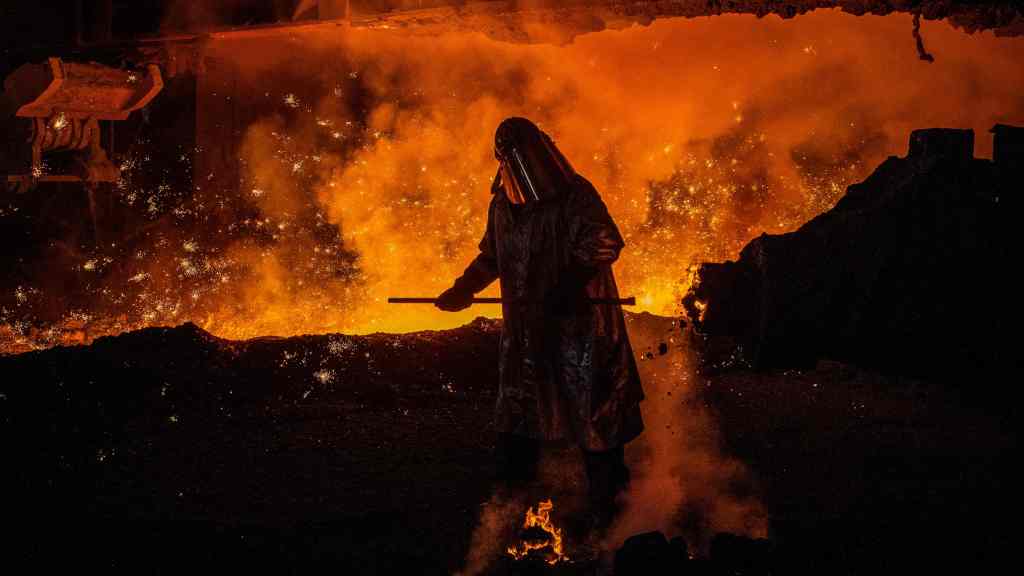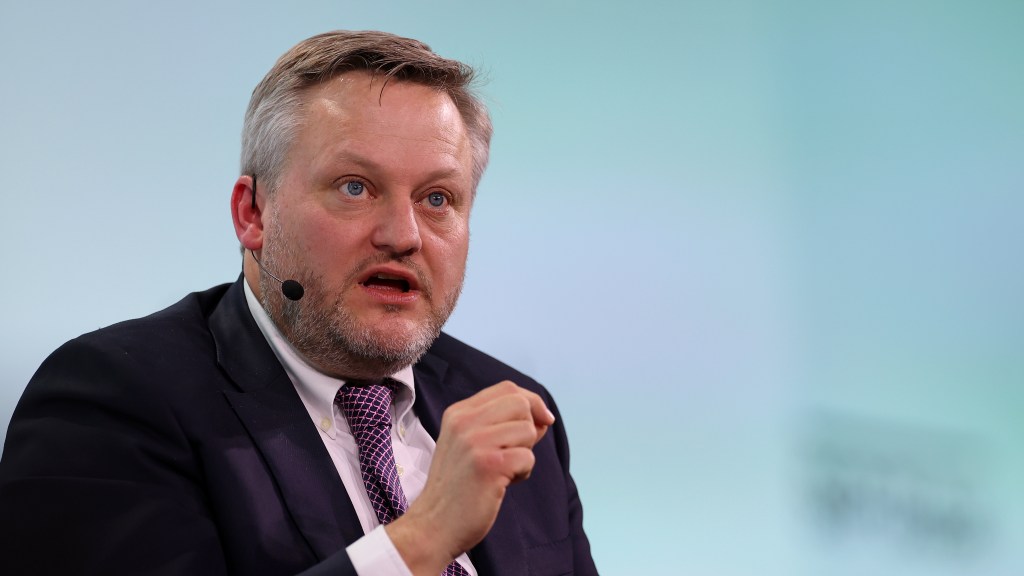British Steelmakers Face Higher Electricity Costs Compared to European Rivals
A significant disparity in electricity pricing for British steel manufacturers compared to their European counterparts has prompted an industry organization to call for government intervention.
According to a report from UK Steel, UK steel producers are currently paying an average of £66 per megawatt-hour for wholesale electricity, while their French and German counterparts are charged only £43/MWh and £50/MWh, respectively. This price differential reportedly imposes an additional £37 million annual cost burden on British steelmakers compared to those in Germany, hampering their efforts towards a greener transition.
Although previous administrations have implemented measures to reduce industrial energy costs, such as a program that offers a 60% cut in network charges associated with power grid connectivity, UK Steel believes that further targeted actions are necessary to address the ongoing price disparities.
The organization is advocating for the government to increase exemptions from network charges to 90%, aligning with support provided by the French and German governments. Additionally, they urge reforms to the wholesale electricity market, recommending that fluctuating gas prices should not dictate the pricing of renewable energy.
Gareth Stace, the director-general of UK Steel, emphasized that lowering electricity costs is essential for unlocking the potential of the UK steel sector, which plays a vital role in a robust British economy. He noted that for too long, high electricity prices have hindered the industry’s competitiveness, profitability, and ability to invest in future growth.
The UK steel industry is at a pivotal moment, with plans underway to close the large blast furnaces in Port Talbot, South Wales, and Scunthorpe, Lincolnshire. These will be replaced with low-carbon electric furnaces that utilize recovered and recycled scrap metal. The challenge is particularly pressing for the Labour government, which has announced a £3 billion “green steel” fund aimed at facilitating this transition within the steel sector.
Stace remarked that the new government has displayed a commitment to supporting the steel industry and has an opportunity to align industrial electricity prices with those of its European competitors.




Post Comment